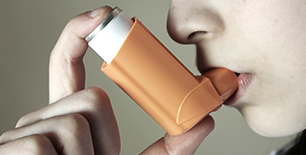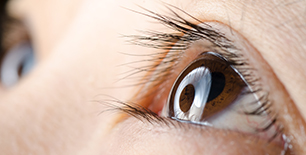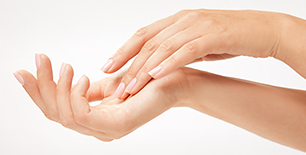PRECAUTIONS IN HANDLING
These are the precautions in handling products.
General chemical characteristics
White crystal solid (monomeric MDI) or yellow-brown liquid (polymeric, modified, and special MDIs) at room temperature. Combustible, but will not catch fire easily in room temperature. Generates CO₂when reacting with water.
Storage system
- The products should be isolated from the materials that could cause risks when mixed with (those reacting violently with acids, alcohol, amine, bases, and oxidizing agents). As the products are classified as toxic materials according to the Hazardous Chemical Materials Control Act, there should be corresponding facilities and management in place.
- All MDI products, except for monomeric MDI, are designated as category 4 petroleum according to the Fire Services Act, meaning that there should be corresponding facilities and management in place.
| Storage condition | |
|---|---|
| MONOMERIC MDI | In a stainless steel tank with the N2 sealing applied. The temperature should be maintained at 40℃–45℃ to prevent polymerization.(to be stored in −20℃ in case of frozen storage) |
| POLYMERIC MDI | To be stored in a dry and well-ventilated area with the temperature ranging 5℃–35℃. |
| SPECIAL MDI | To be stored in a dry and well-ventilated area with the temperature ranging 20℃–35℃. |
| MODIFIED MDI | In a stainless steel tank with the N2 sealing applied. The temperature should be maintained at 25℃–35℃ to prevent polymerization. Through the internal reaction at 200℃ or higher, carbodimide and CO2 will be generated and dimerization will take place. In 20℃ or below, it can be solidified into MDI crystal. |
Impairment to the human body and precautions in handling

- Impact on the respiratory organs
- Exceeding the allowable concentration level would cause people to get teary-eyed or feel pain in their throats while having a headache and difficulty in breathing. It can also cause allergies to some people. When handling the products in an area where the allowable concentration is exceeded, it is required to wear respiratory organ protection gear recommended by the MSDS of the company.

- Impact on eyes
- When you rub your eyes, the liquid MDI would react with the water in your eyes, possibly leading to lethal risks such as loss of vision. Thus, protective goggles should be worn.

- Impact on skin
- Could cause allergic skin disease to people with sensitive skin. Thus, protective gear, such as rubber gloves, should be worn.
Measures for explosion and fires
- If a fire should occur, a powder fire extinguisher, carbon dioxide, water, and regular foam can be used. During a fire, the container could explode. Thus, it is necessary to remove the container from the fire area if there is no danger.
- When MDI burns, the hydrogen cyanide vapor, carbon, and nitrogen oxide will be generated, meaning that it is required to take measures while facing the wind on the back.
| Classification | Dangerous / Toxic | Related products | |
|---|---|---|---|
| Toxic | Dangerous | ||
| PH |  |
 |
MDI-PH |
| CR |  |
 |
Such as M-100, M-200, M-400 |
| MODI |  |
 |
Such as LK, LL, LT and MC |
| ANILINE |  |
 |
|
| HCL(35%) |  |
 |
|
Grounds related to toxic materials: Announcement No. 1988–22 by National Institute of Environment Research
When a material includes a toxic material (MDI–PH) by more than 25%, it can be classified as a toxic material.



